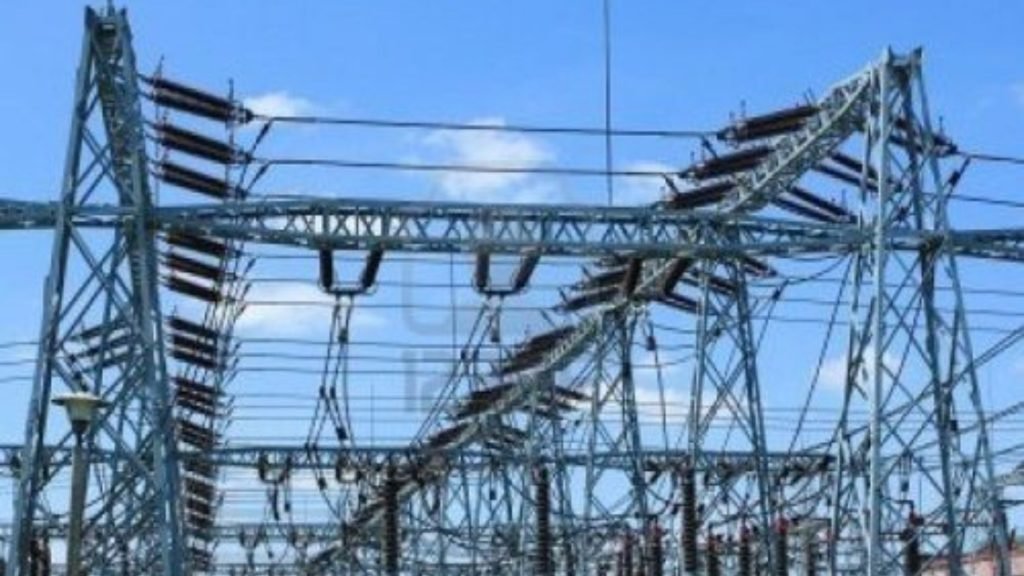The Association of Power Generation Companies (APGC) has strongly opposed threats by the Nigerian Electricity Regulatory Commission (NERC) to disconnect non-compliant plants from the national grid.
NERC recently directed all generation companies to integrate and activate the Free Governor Control (FGC) system on their units by November 30, 2025, warning that defaulting GenCos would face penalties of 10% of their invoices and eventual disconnection after 90 days of non-compliance.
Responding, APGC’s Chief Executive Officer, Joy Ogaji, warned that disconnection threats ignore the deeper challenges crippling Nigeria’s power sector. She said unstable transmission systems, poor grid management, and market failures were already damaging power plants, tripling maintenance costs, and deepening revenue losses.
-
Ogaji stressed that Nigeria’s thermal and hydro plants are running far below their baseload design, leading to efficiency losses and higher costs.
She emphasised that in global power systems, transmission networks remain the backbone of electricity supply, and Nigeria cannot achieve sector growth without a robust and reliable grid.
“Any fluctuations in these conditions can cause generators to run inefficiently. Thermal plants, especially gas turbines, are designed to operate optimally at base load, but repeated grid disturbances have forced them outside safe operating limits,” she explained.
The GenCos also demanded regulatory reforms mandating immediate payment of their revenue by offtakers, arguing that financial indiscipline across the market worsens the sector’s crisis.
While acknowledging NERC’s role in providing leadership, Ogaji insisted that punitive measures like disconnections could destabilize the entire system. Instead, she called for stronger focus on grid stability, timely payments, and sustainable operations to safeguard the nation’s power supply.
The standoff highlights ongoing tensions between regulators and operators in Nigeria’s electricity industry, where persistent grid collapses, liquidity shortfalls, and weak infrastructure continue to undermine progress despite years of reforms.
For details, visit the Nigerian Electricity Regulatory Commission.













